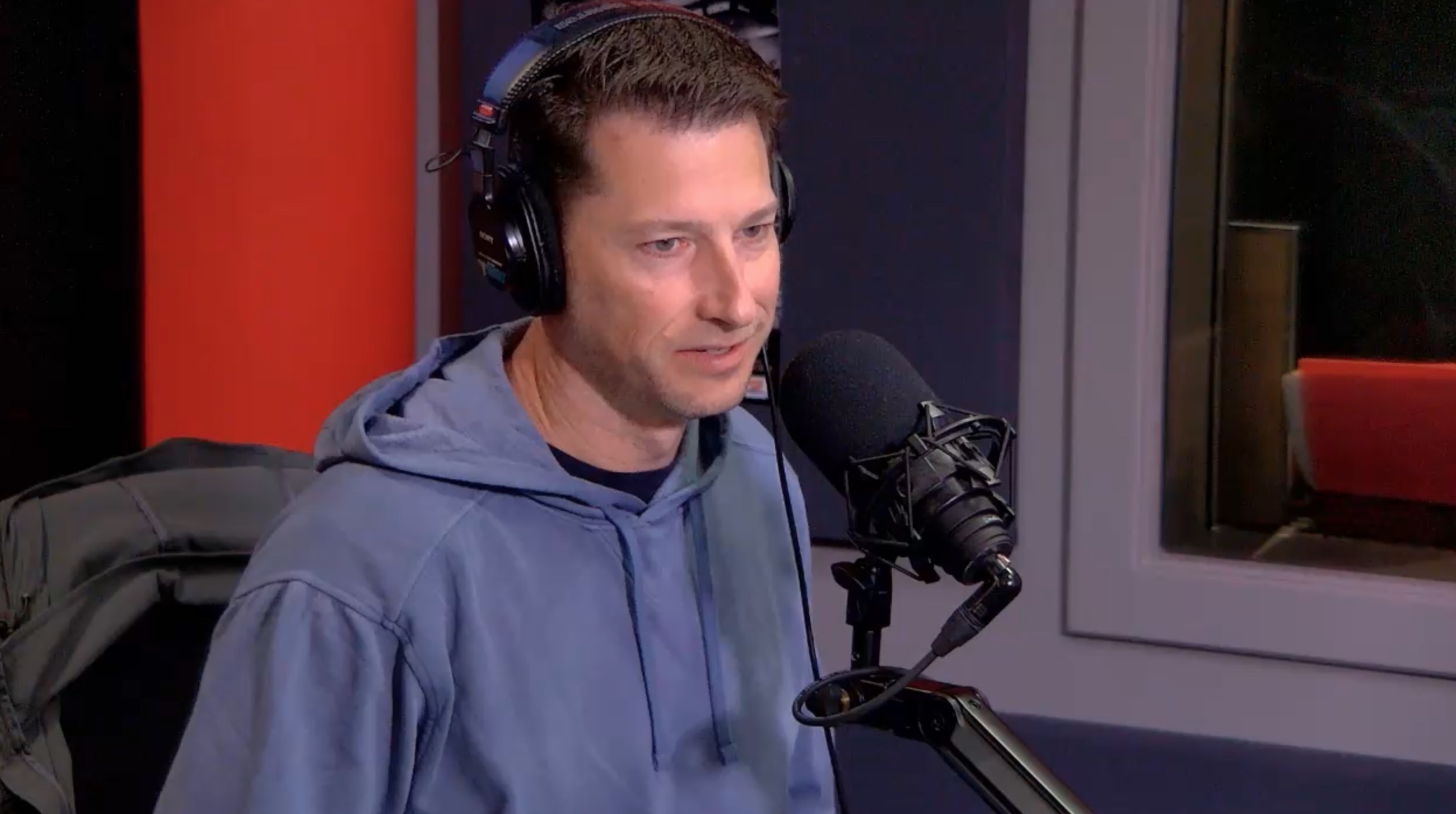The Intriguing World of Owlets: Examining the Ethics and Realities of Owning a Baby Owl
The allure of a baby owl, with its wide-eyed gaze and fluffy plumage, is undeniable. The internet is filled with captivating images and videos, fueling a seemingly growing interest in owning these majestic birds of prey. But beneath the surface of this captivating trend lies a complex reality. Is it ethical, or even legal, to keep a baby owl as a pet? This article delves into the intricacies of owl ownership, exploring the challenges, legal ramifications, and ethical considerations that prospective buyers must confront.
The desire to acquire a juvenile owl often stems from a fascination with their unique characteristics and the perceived prestige of owning such a creature. However, the romanticized notion of cuddling a tiny owl often clashes with the practical realities of their demanding care requirements and the potential harm caused by removing them from their natural environment. Before even considering searching for a "baby owl for sale," potential owners must understand the significant commitment involved and the potential legal consequences they may face.
Owls have a long and rich history in human culture, often symbolizing wisdom and mystery. Historically, they have been revered and feared in different societies, appearing in mythology and folklore across the globe. However, their historical significance does not justify their domestication. These birds are wild animals with specific dietary and environmental needs that are extremely difficult to replicate in a typical household setting. The idea of a "pet owl" often disregards the inherent wildness of these creatures and the significant role they play in their respective ecosystems.
Owls are not domesticated animals like cats or dogs. They require specialized diets consisting primarily of whole prey, such as mice and rats. Providing this type of diet can be challenging and unsettling for many individuals. Moreover, owls need large enclosures that mimic their natural habitat, providing ample space for flight and exploration. Meeting these requirements demands significant financial resources, time, and dedication. Owning an owl is not a casual undertaking; it is a lifestyle choice that demands constant attention and specialized knowledge.
The legality surrounding owning an owl varies significantly depending on location. In many countries, it is illegal to own native owl species without the proper permits and licenses. These regulations are in place to protect owl populations and prevent the illegal wildlife trade. Even in regions where owning certain owl species is permitted, prospective owners often face stringent requirements regarding enclosure size, dietary provisions, and veterinary care. Therefore, thoroughly researching the specific laws and regulations in your area is crucial before even contemplating purchasing an owl, particularly a baby owl for sale as a pet.
Advantages and Disadvantages of Owl Ownership
| Advantages | Disadvantages |
|---|---|
| (Potentially) Unique and fascinating companion | Illegal in many jurisdictions |
| (Potentially) Rewarding experience for dedicated individuals | Demanding care requirements (specialized diet, large enclosure) |
| (Potentially) Educational opportunity to learn about raptors | Ethical concerns regarding wildlife trade and animal welfare |
Owls are wild animals and should not be kept as pets. Supporting ethical wildlife sanctuaries and conservation organizations is a far more responsible and rewarding way to appreciate these magnificent creatures.
Frequently Asked Questions about Owning an Owl
Is it legal to own a baby owl? It depends on your location and the species of owl. In many places, it is illegal to own native owl species without proper permits.
Where can I buy a baby owl? You should not buy a baby owl. Owls are wild animals and should not be kept as pets.
What do baby owls eat? In the wild, baby owls are fed whole prey by their parents.
How much does it cost to care for an owl? Caring for an owl can be very expensive due to the specialized diet, large enclosure requirements, and veterinary care.
Can I train a baby owl? While owls can be trained to a certain extent, they retain their wild instincts and are not suitable as traditional pets.
How long do owls live? The lifespan of an owl varies depending on the species, but many can live for several decades.
Are owls good pets for children? No, owls are not good pets for children. They require specialized care and handling that is beyond the capabilities of most children.
What are the alternatives to owning an owl? Supporting wildlife sanctuaries and conservation organizations allows you to appreciate owls without contributing to the illegal pet trade.
In conclusion, the allure of owning a baby owl is often overshadowed by the ethical dilemmas and practical challenges associated with their care. While the internet may tempt you with images of adorable owlets for sale, it is crucial to recognize that these captivating creatures belong in the wild. The demanding dietary needs, specialized housing requirements, and potential legal ramifications make owl ownership an unsuitable endeavor for most individuals. Rather than seeking to possess these magnificent birds, let us admire them from afar and support conservation efforts that ensure their continued survival in their natural habitats. Investing your time and resources in ethical wildlife sanctuaries and conservation organizations is a far more impactful and responsible way to appreciate the beauty and wonder of owls. By choosing to observe and protect these creatures in their natural environment, we can contribute to a future where they continue to thrive and inspire awe in generations to come.
The enduring allure of white subway floor tile
Level up your tech skills decoding the form 5 computer science textbook
The voice of rage unveiling the man behind kratos in god of war














